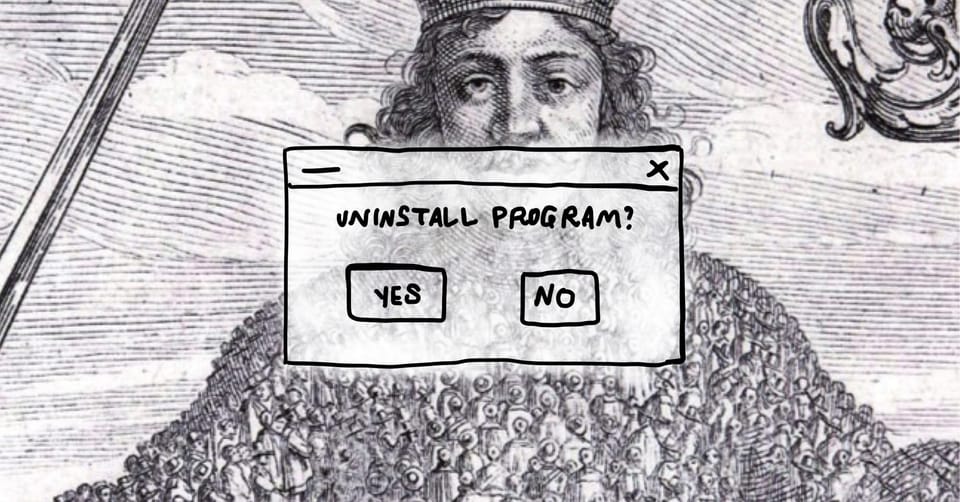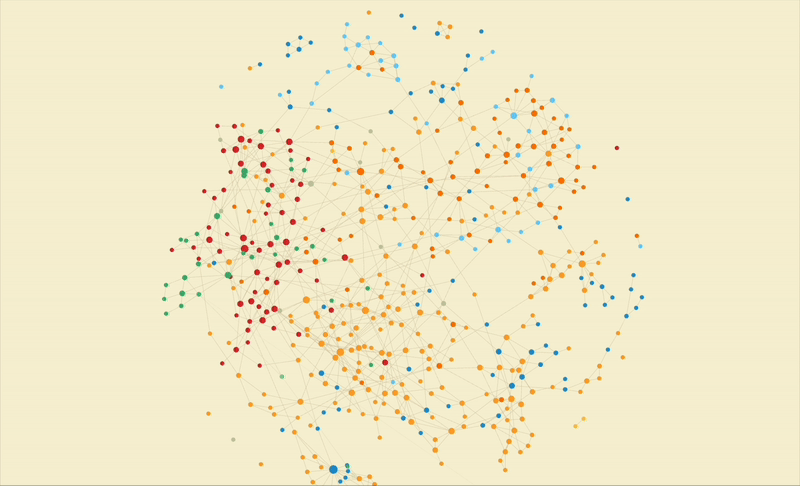Socrates, sense-perception, and the Quran
"This is what the earlier Muslim students of the Quran completely missed under the spell of classical speculation."

A dear trans friend in Pakistan introduced me to the writings of Muhammad Iqbal this year. Here's a highlight from The Reconstruction Of Religious Thought In Islam published in 1930(!)— with emoji added by me.
"Socrates concentrated his attention on the human world alone. To him the proper study of man was man and not the world of plants 🌱, insects 🐞, and stars ✨. How unlike the spirit of the Qur'an, which sees in the humble bee a recipient of Divine inspiration 🐝 (16:68-69) and constantly calls upon the reader to observe the perpetual change of the winds 💨, the alternation of day 🌞 and night 🌚, the clouds ☁️ (2:164, 24:43-44, 30:48, 35:9, 45:5), the starry heavens 🌌 (15:16, 25:6, 37:6, 41:12, 50:6, 67:5, 85:1), and the planets swimming through infinite space! 🐋 (21:33, 36:40). As a true disciple of Socrates, Plato despised sense-perception which, in his view, yielded mere opinion and no real knowledge. How unlike the Qur'an, which regards 'hearing' and 'sight' as the most valuable Divine gifts and declares them to be accountable to God for their activity in this world. This is what the earlier Muslim students of the Quran completely missed under the spell of classical speculation."
🪬
Liy is a Southeast Asian Muslim knowledge worker and poet, sharing what they learned from the periphery to prep for precarious futures. This is an ad-free space outside of the algo. If you're new here (hello!) or need a refresher, start here for house rules. Here is what I am up to now. I spend time thinking out of my zettelkasten notes system and sharing playlists of curated treasures from my time travels. Consider subscribing for free to stay in touch— I only send out letters a few times a year. If you valued something here, tell me over DM (if we have access to each other) or tip this cryptid with a message— that sends a clear signal of appreciation ✨



